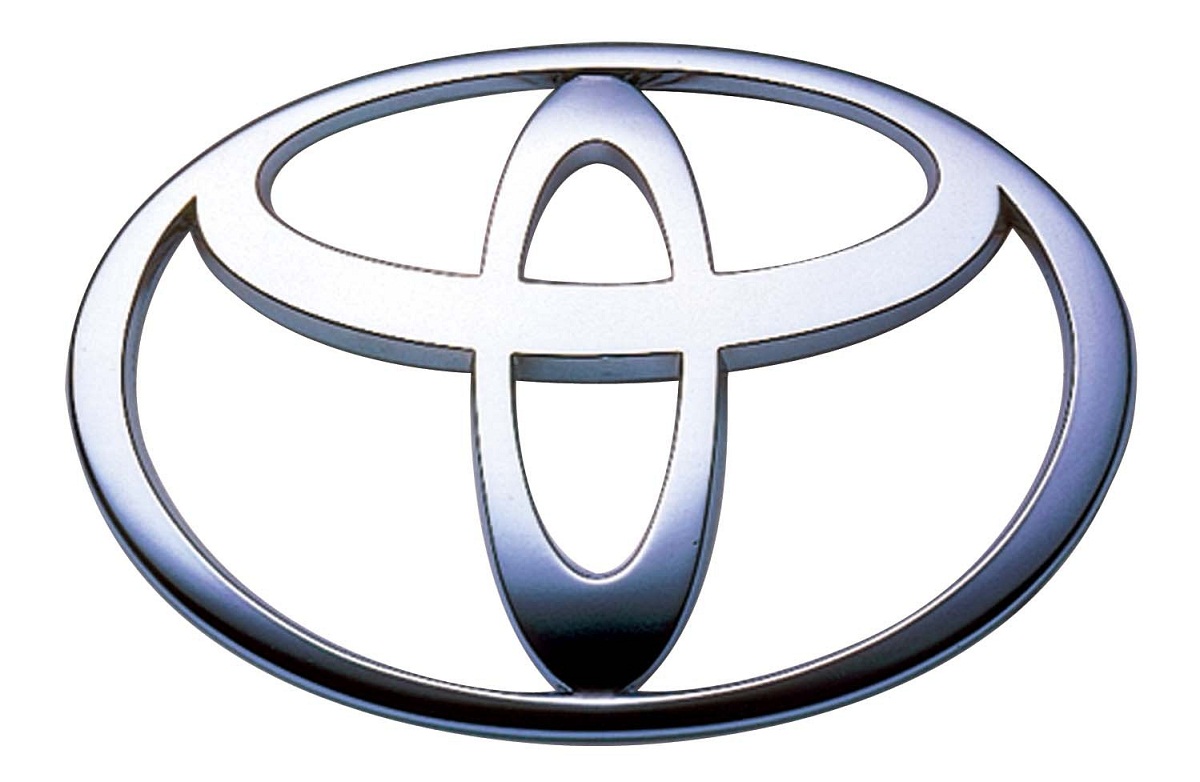Bookkeeping
Accrual vs Deferral Accounting in Financial Reporting

On the other hand, deferral refers to the delay in recognition of revenues or expenses until the actual cash flow takes place. Accrual is a principle that attempts to match revenues with the expenses incurred in earning them. It forms the basis of the accrual method of accounting and adjusting financial statements. The main difference between accrual and deferral accounting lies in the timing of recognizing revenues and expenses. Accrual accounting records transactions when they occur, regardless of when cash exchanges hands, while deferral accounting postpones recognizing revenue or expenses until a later period.
Accounting for Accrued Revenue
Examples of typically encountered accruals and deferrals journals are shown in our accrued and deferred income and expenditure journals reference post. A construction company has won a contract to build a certain road for a municipal government and the project is expected to be concluded within 6 months. The company has received a $500,000 payment in advance that should cover 25% of the project’s cost and the accounting department has to make sure this transaction is treated appropriately. A current liability account that reports the amounts owed to employees for hours worked but not yet paid as of the date of the balance sheet.
Impact on Business
Even though the payment hasn’t been made yet the company is anticipating it and incorporating its impact on its liabilities to increase the accuracy of its financial reports. Grouch also receives an invoice for $12,000, containing an advance charge for rent on a storage facility for the next year. Its accountant records a deferral to push $11,000 of expense recognition into future months, so that https://soulsurvivorinternational.org/2021/08/13/what-is-a-check-register-definition-meaning/ recognition of the expense is matched to usage of the facility. When the bill is paid, the entry would be adjusted by debiting cash by $10,000 and crediting accounts receivable by $10,000.
Example of Deferred Revenue
- Things that are resources owned by a company and which have future economic value that can be measured and can be expressed in dollars.
- In our previous discussion, we explored the impact of accruals and deferrals on financial statements.
- One copy is sent to the vendor (supplier) of the goods, and one copy is sent to the accounts payable department to be later compared to the receiving ticket and invoice from the vendor.
- Grouch receives a $3,000 advance payment from a customer for services that have not yet been performed.
- On the other hand, deferral accounting recognizes revenue and expenses when cash is received or paid, without considering the timing of economic activities.
- Shaun Conrad is a Certified Public Accountant and CPA exam expert with a passion for teaching.
Some valuable items that cannot be measured and expressed in dollars include the accrual vs deferral company’s outstanding reputation, its customer base, the value of successful consumer brands, and its management team. As a result these items are not reported among the assets appearing on the balance sheet. Sales are reported in the accounting period in which title to the merchandise was transferred from the seller to the buyer.
Differences Between Accruals and Deferrals

Some businesses may benefit from using a combination of both methods to strike a balance between accuracy and simplicity. In order to abide by the matching principle, a deferral must be made to adjust for the prepaid rent expense. The “Deferred Revenue” line item depicts the unearned revenue that will be reported in a later period. This aid is most welcome in an age in which the rise of intangible values are rendering published accounts increasingly useless for valuation, or stock–picking, purposes.
Stablecoin Payments Infrastructure for the Americas

For example, if you receive advance payments for a service that will be provided over several months, you can choose to recognize the revenue gradually as the service is performed. This approach not only allows for a more accurate reflection of your business’s performance but also ensures that your financial statements are not distorted by large one-time inflows. By understanding accruals and deferrals and using them effectively, businesses can have greater control over their financial statements while adhering to the principles of accrual accounting. Accrual accounting is a method that records revenues and expenses when they are earned or incurred, regardless of when the cash is actually exchanged.

This principle states that expenses should be recognized in the same period Accounting Periods and Methods as the revenue they help generate. By following this principle, businesses can provide a more accurate representation of their financial performance by aligning revenues with related expenses. Accrual basis accounting recognizes revenue and expenses when they’re earned or incurred, regardless of when cash is received or paid. On the other hand, cash basis accounting only recognizes revenue and expenses when cash is actually received or paid. Consider a company that pays for a year’s worth of insurance coverage in advance. With deferral accounting, the company would not expense the entire cost in the month of payment but instead allocate a portion of the expense each month over the coverage period.
What distinguishes accruals from deferrals in accounting practices?

4Note that taxpayers can now use the cash method of accounting for federal income tax purposes if their average annual gross receipts for the prior three years do not exceed $25 million. Also, such taxpayers can treat inventory as nonincidental materials and supplies and avoid the rules of Secs. In some cases, customers may pay before the unit provides a good or service for them; however, revenue should only be recorded in period when it is earned.
